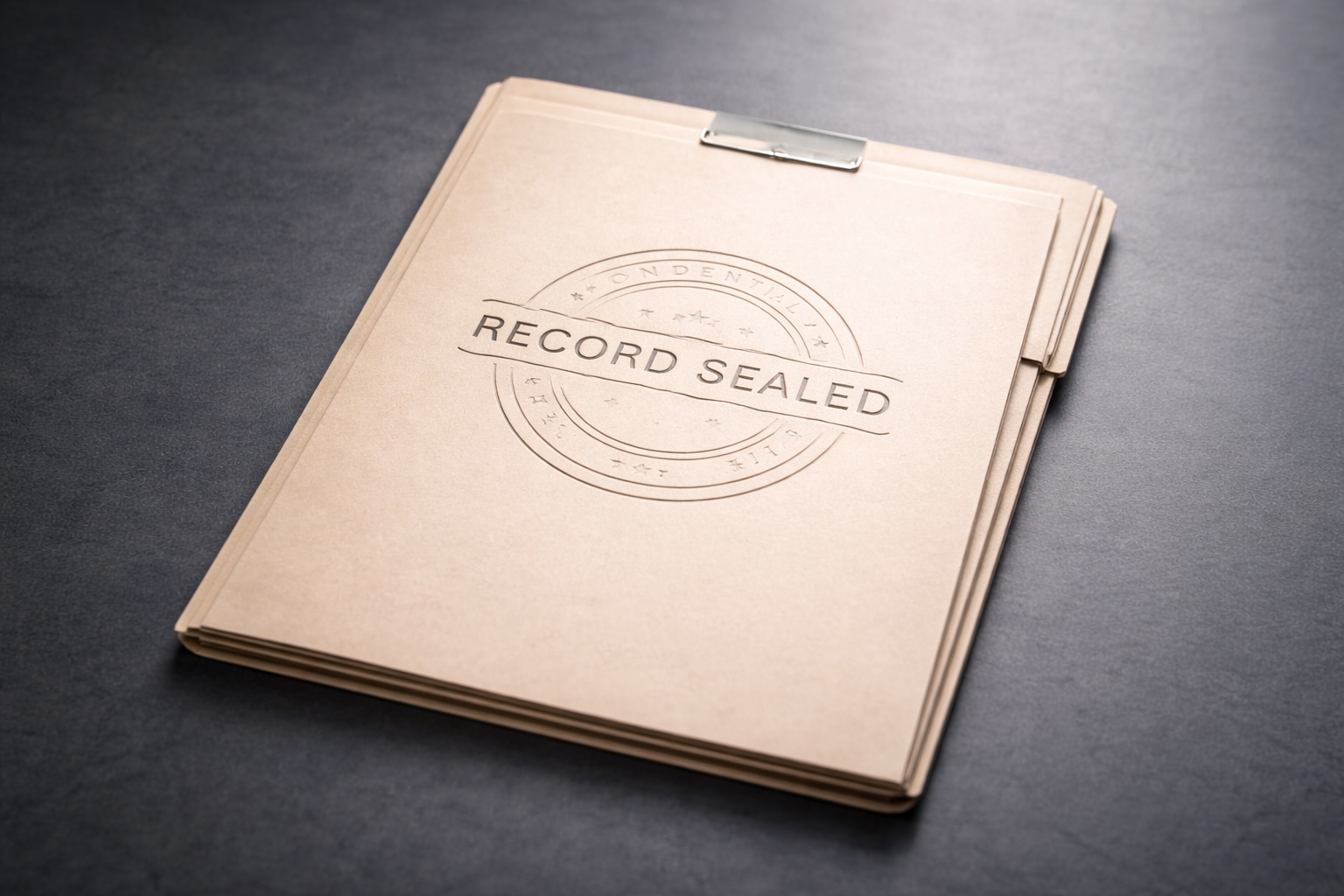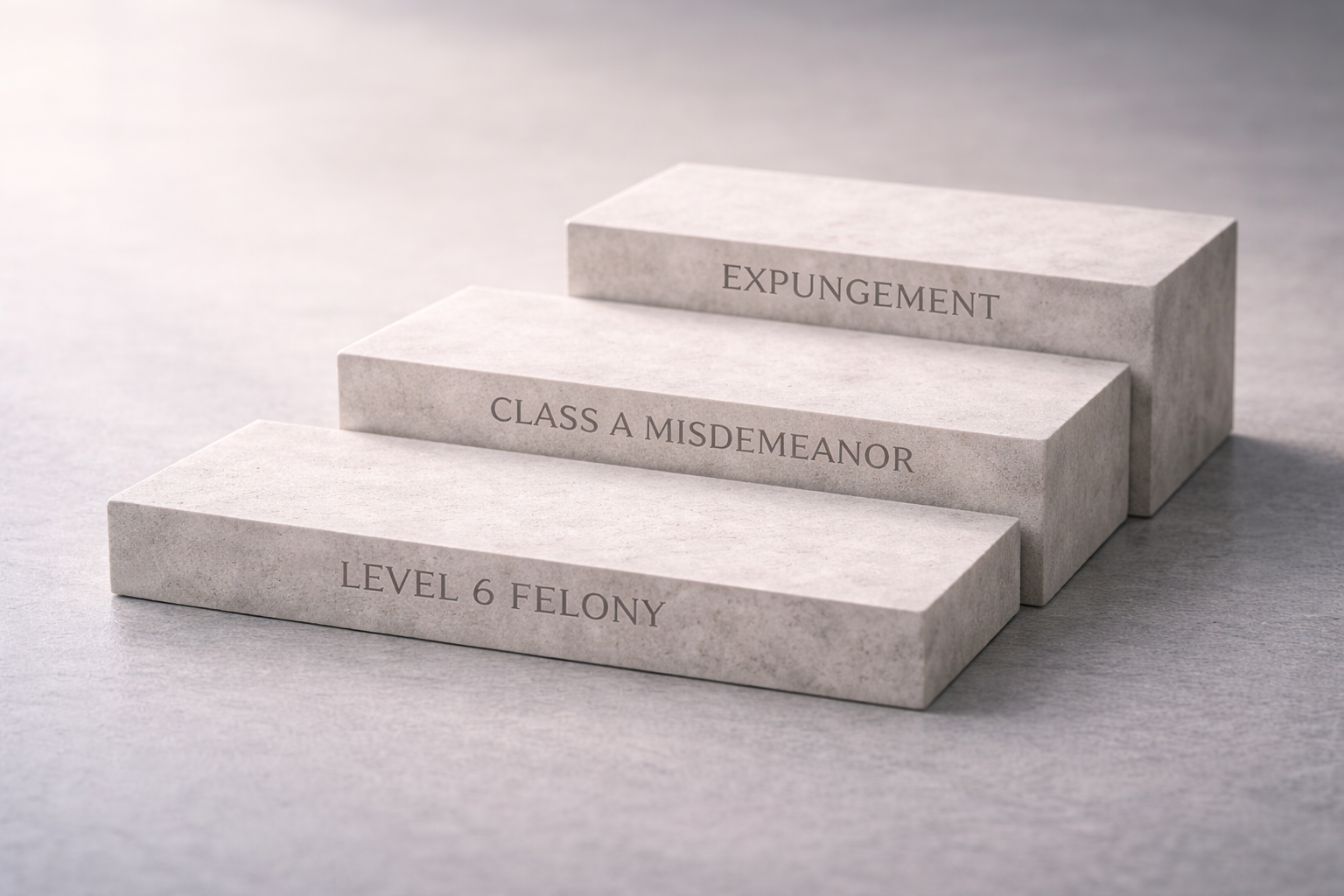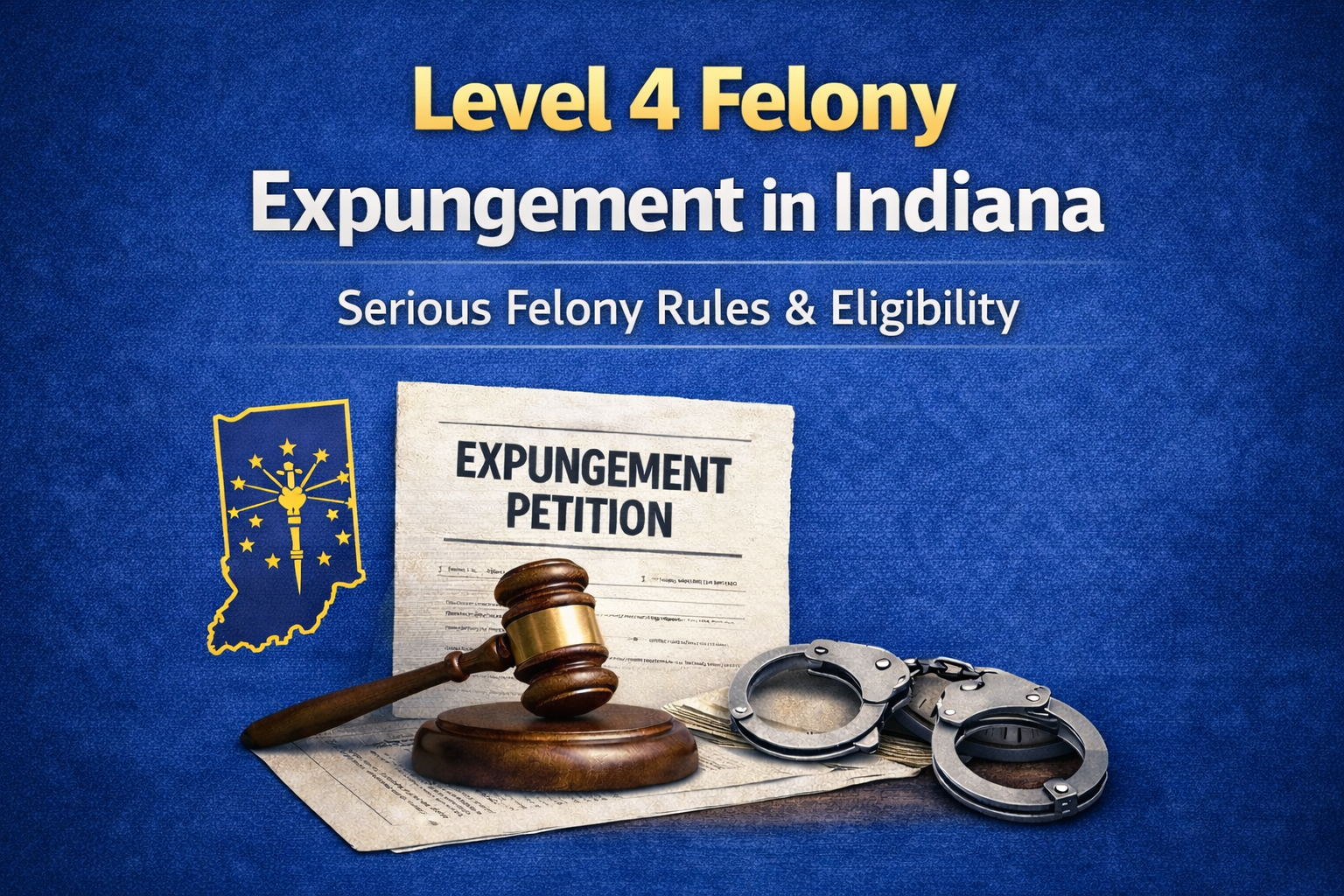Why Your Expungement Might Be Denied—and What to Do Next
Introduction: Denied Expungement? Don’t Panic—There May Be Options
You worked hard to get your life back on track and took the right step by applying for expungement in Indiana—only to receive a denial. It's frustrating, confusing, and may feel like a door just slammed shut. But not all hope is lost.
📌 Indiana’s Second Chance Law is strict, but some denials can be fixed—and in some cases, you may be able to refile. This post breaks down why expungements are denied and what steps you can take next.
Common Reasons Indiana Courts Deny Expungement Petitions
1. You Filed Too Early
Each expungement category in Indiana has a waiting period. If you file even one day too soon, your case may be rejected.
Arrest only (no conviction): 1 year after arrest
Misdemeanor convictions: 5 years
Level 6 felonies: 8 years
Other felonies: 8-10 years (some require prosecutor consent)
📌 Tip: Check the date of arrest/conviction—not the date of charge—for timing.
2. Your Record Isn’t Eligible Under Indiana Law
Not all crimes can be expunged.
Ineligible records may include:
Sex crimes
Homicide or violent felonies
Official misconduct
Human trafficking or child exploitation offenses
📌 If even one ineligible conviction is included in your petition, the entire expungement may be denied.
3. You Filed in the Wrong County
You must file for expungement in the county where the offense occurred. If you were convicted in Marion County but filed in Hamilton County, it won’t be accepted.
If you have charges in multiple counties, you’ll need to file in each one—but within 1 year of your first petition (see our guide on Multi-County Expungements in Indiana).
4. You Have Unpaid Court Costs, Fines, or Restitution
Indiana courts often deny expungement if you still owe:
Court fees
Probation fees
Restitution to victims
📌 All financial obligations must be fully paid before filing—or you risk automatic denial.
5. You Didn’t Include All Required Information or Cases
Your petition must include:
The full case number
Accurate charge information
Disposition dates
All counties where offenses occurred
Leaving out one case—even a dismissed charge—can result in denial or incomplete expungement.
6. Prosecutor Objected (Certain Felonies Only)
For serious felonies, the prosecutor’s consent may be required. If the prosecutor objects, the judge may deny your petition—even if everything else is correct.
7. You’ve Already Filed Before (and Indiana’s “One-Time” Rule Applies)
Indiana only allows one expungement filing per lifetime (with very few exceptions). If you’ve already filed once and try again, it may be denied—even for cases you forgot the first time.
📌 That’s why it’s critical to get it right the first time.
What to Do If Your Expungement Is Denied
1. Get a Copy of the Court’s Denial Order
The judge’s written order should explain why the petition was denied. This gives you your starting point for correcting the issue.
2. Fix the Problem If Possible
Filed too early? Wait until the statutory period is over and refile.
Unpaid fees? Pay them in full and refile.
Missing information? Amend your petition with the correct details.
Some errors are fixable, especially if they were procedural or paperwork-related.
3. Consult an Expungement Attorney
An experienced attorney can:
Review the court’s denial
Identify legal or procedural errors
Help you amend and refile correctly
Communicate with the prosecutor if objections were raised
📞 Call (317) 759-3225 to schedule a free consultation with Vining Legal and review your options.
4. If Not Fixable—Explore Other Relief Options
If your expungement can’t be refiled due to ineligibility, you may still have options:
Sentence modification or credit time adjustments
Appeals of certain records
Negotiated relief with the prosecutor (for limited felony types)
An attorney can advise on the best alternative route.
How to Avoid Expungement Denials in the First Place
Wait the full statutory period
Pay all court-ordered fines and fees
Include every eligible case
File in the correct counties
Confirm your charges are eligible
Get legal guidance before you file
Conclusion: Denied Doesn’t Always Mean Done
Having your expungement denied in Indiana can be discouraging, but it doesn’t always mean it’s over. Many denials can be fixed, refiled, or challenged, especially if the issue was technical or procedural.
📞 Ready to take the next step? Call Vining Legal LLC at (317) 759-3225 orschedule a consultation today to review your denial and plan your next move.





